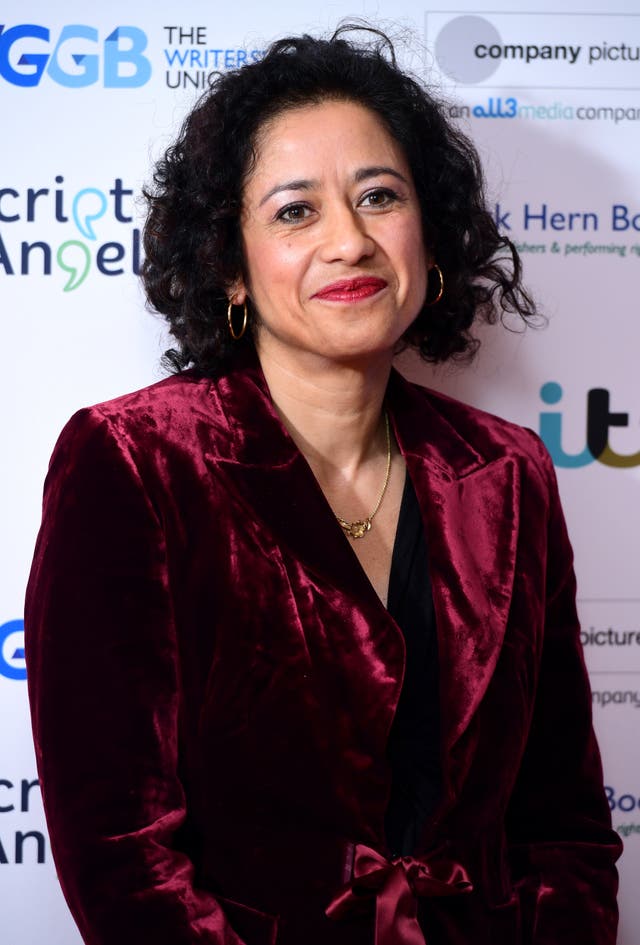Twenty gender discrimination cases outstanding at BBC, says new director-general
Tim Davie said the broadcaster had gone through a ‘major reset’.

Twenty gender discrimination cases are outstanding at the BBC, the new director-general has said.
Tim Davie said eight were pay tribunal claims being looked at outside the BBC, two were informal and 10 formal.
Of these, four were at grievance stage and six at appeal stage internally.
Speaking to the Digital, Culture, Media and Sport (DCMS) Select Committee, Mr Davie said the corporation had gone through a “major reset” in recent months with regards to such claims.

In January, Newswatch presenter Samira Ahmed won a sex discrimination equal pay claim against the BBC, with the broadcaster facing dozens more at the time.
Mr Davie, who has taken over the role of BBC director-general from Tony Hall, told the committee he was not sure whether the BBC was still requiring non-disclosure agreements of some of its employees.
He was asked whether he aimed to settle cases more promptly than his predecessor.
Mr Davie replied: “If you actually look at how we have resolved cases, we can debate the speed, and I am sure you will do, but actually if I look at it, we have resolved 99% of the pay cases now.
“We have resolved 1,321 cases and 38, by the way, were equal pay cases. We currently have a very limited number left.
“Clearly this was a major reset for the BBC, quite appropriately, delivering a proper framework is the law, it’s non-negotiable. We need to do our work. We are largely through it.
“Tony and the team, I was part of that team, cracked through an enormous amount of work.
“I know many people thought we were too slow but it was important and exacting work to do that.”





